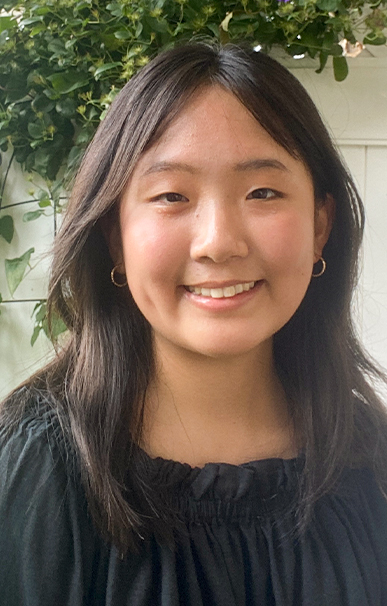Chloe Park ’25


Chemistry
Carbon Negative Fuels and Plastics
Certificate(s): Classics, Environmental Studies
Most of the plastics we use daily, from shrink wrap to soda bottles, are in a class of polymers called polyolefins. Typical polyolefins are very stable materials that cannot be broken down completely, leading to accumulation in the environment. Developing depolymerizable polyolefins that can be broken down chemically is crucial since it enables plastics to be recycled infinitely, without worrying about subsequent losses in quality. I worked on developing a metal catalyst to break down a new type of polyolefin into its monomer building blocks. I was responsible for synthesizing different ligands — molecules that bind to a metal center and modify the catalytic activity of the overall complex — that were of interest to our project. I learned to set up chemical reactions, purify compounds and analyze the structures of molecules via nuclear magnetic resonance spectroscopy. I also gained practice presenting in front of other lab members and searching the chemical literature. Since the conclusion of my internship, I have decided to pursue a minor in Environmental Studies and I will continue to work with the Chirik Group on my junior independent project this year.
2023
Innovation and a New Energy Future
Chirik Group, Department of Chemistry, Princeton University - Princeton, New Jersey
Paul Chirik, Edwards S. Sanford Professor of Chemistry; Hanna Cramer, Postdoctoral Research Fellow, Chemistry; Cherish Nie, Ph.D. candidate, Chemistry



